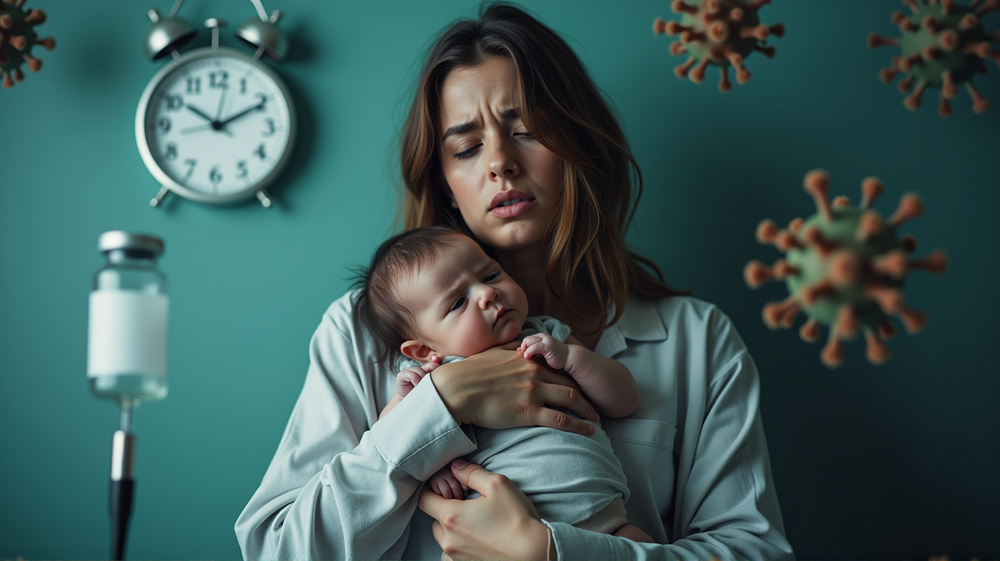In the often tenuous world of public health, timing can mean the difference between containment and calamity. It’s a lesson Louisiana learned the hard way as it grappled with its most severe whooping cough outbreak in over three decades, highlighting the critical need for timely public alerts and vaccinations.
The Initial Surge
In September 2024, Louisiana hospitals began observing a concerning rise in the cases of whooping cough, a vaccine-preventable disease particularly dangerous to infants. This surge was part of a broader national increase, yet it took several months for state officials to respond adequately, with silence amplifying the risk and uncertainty. According to NPR, protocols seemed unusually sluggish, with public alerts and vaccination campaigns conspicuously delayed.
The Expert Opinions
Public health experts, including Dr. Georges Benjamin, emphasized the importance of immediate action when dealing with outbreaks. “Preventable diseases and deaths demand swift measures,” Benjamin asserted. The failure to issue timely warnings undermined efforts to curb the spread of the disease and protect the vulnerable, particularly infants. Officials waited until two infant deaths prompted the first measures, setting off a chain of belated responses.
A Controversial Standstill
Further complicating the situation was a significant shift in state policy regarding vaccinations. On February 13, 2025, an unusual decision came from the state surgeon general, Ralph Abraham, halting the promotion of vaccines amid political shifts at the national level. This decision coincided with the appointment of an anti-vaccine activist as the U.S. health and human services secretary, casting a long shadow over Louisiana’s public health initiatives.
Breaking Silence with Tragic Realizations
As two more infants were hospitalized and additional deaths were reported, calls for action intensified. Dr. Joshua Sharfstein of Johns Hopkins referenced the tragedies as pivotal moments for public education about vaccines. However, communication lagged until May, when the first official alerts and press releases were disseminated, months after concrete steps should have been taken.
The Prolonged Impact
By September, the outbreak spiraled, underscoring the repercussions of delayed intervention. With 387 cases reported, surpassing previous records, Louisiana’s health infrastructure was visibly strained. Dr. Joseph Bocchini stressed the need for regular updates and vaccine encouragement, warning that the absence of clear guidance prolonged the crisis, leaving the public without crucial preventive measures.
Moving Towards Solutions
As Louisiana navigates the aftermath of its delayed response, lessons resonate beyond state lines. The overarching message is clear: proactive and reactive measures should be swift and efficient, ensuring public safety and reinforcing trust in vaccinations as a staple of infectious disease control. The outbreak serves as a somber reminder of the costs of complacency and the importance of clear, decisive public health communications.
These events illustrate the delicate balance between policy, practice, and the urgency required when public health is at stake. The region’s struggle with whooping cough is a stark example of the human and societal costs of delayed action in the face of a preventable crisis.













